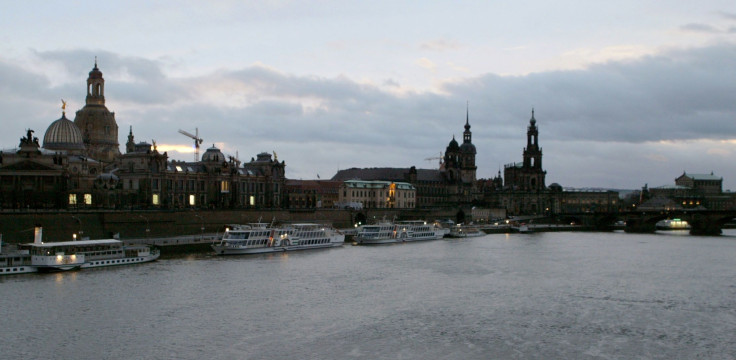A 'Nazi Emergency?' Eastern German City Of Dresden Makes Declaration Due To Threat From Far-Right

The city council of Dresden, Germany, passed a resolution late Wednesday that declared a "Nazi emergency," citing the threat posed by the far-right. The resolution said that "anti-democratic, anti-pluralist, misanthropic and right-wing-extremist attitudes and actions, including violence in Dresden, are occurring with increasing frequency."
"We have a Nazi problem in Dresden and have to do something about it," said Max Ashenbach, a council member who introduced the measure. Ashenbach is a member of the satirical party Die Partei.
Dresden is the home of the far-right movement PEGIDA, which is against the perceived "Islamization" of Europe by foreign migrants. Eastern Germany has also increasingly voted for the far-right Alternative for Germany, which seeks to stem migration to Germany.
The rise of the far-right in Germany has caused growing anti-Semitism. In October, a synagogue in the eastern city of Halle was attacked by an armed individual who espoused far-right, xenophobic beliefs. The perpetrator wasn't able to get into the religious building but managed to kill two innocent bystanders. The attack occurred on Yom Kippur, a Jewish holiday.
In the first half of 2019, there were 8,605 crimes committed by Neo-Nazis and far-right extremists in Germany. Germany's far-right has been incensed by Chancellor Angela Merkel's decision to open German doors to refugees in 2015, which has brought in over one million people from the Middle East into Germany.
The German government is also trying to weed out far-right extremists among soldiers and police officers. Authorities worry that extremist groups are trying to recruit soldiers and police officers in order to bolster their operations.
© Copyright IBTimes 2024. All rights reserved.




















